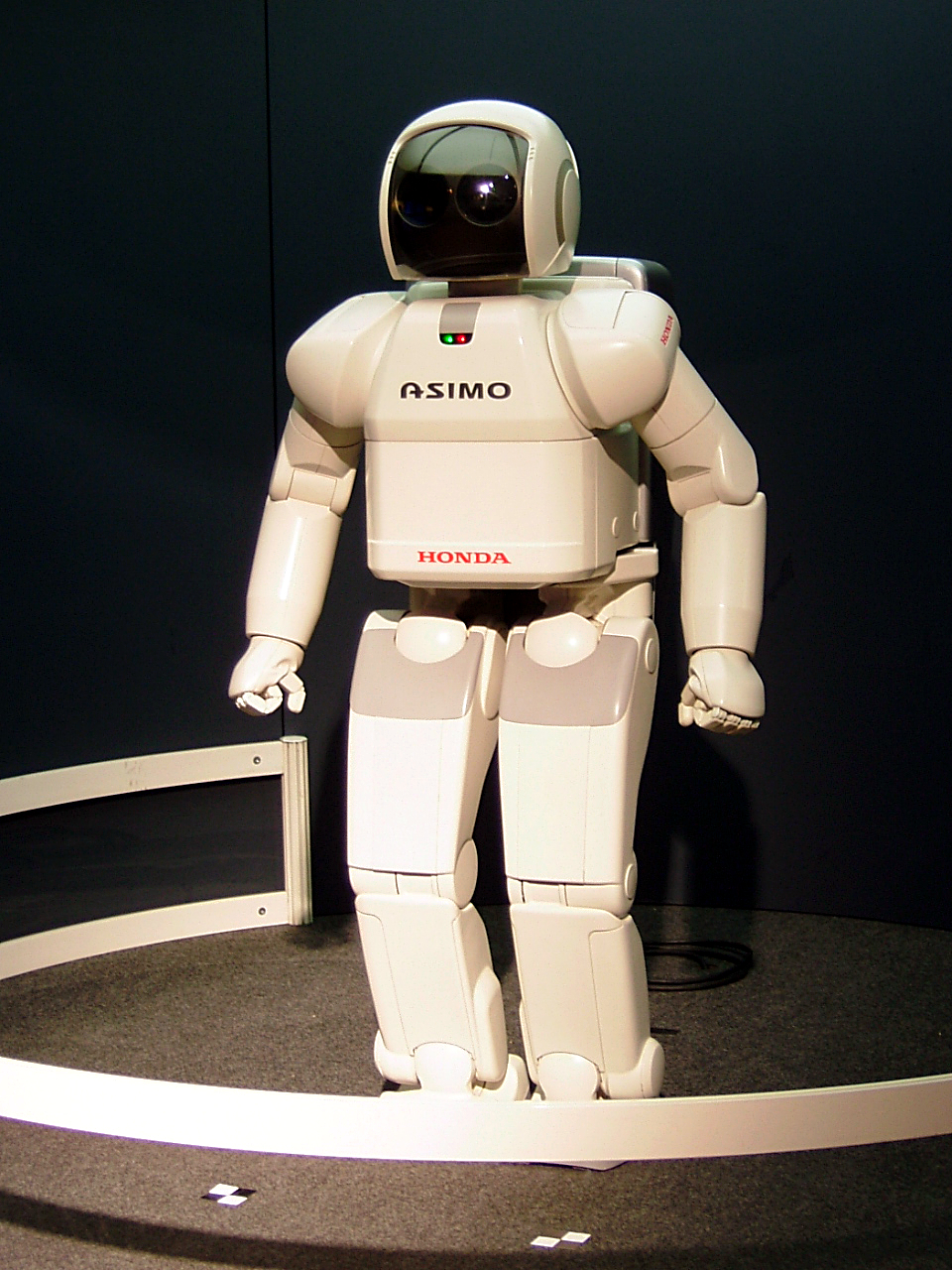There are some futurists who believe the “end state” of our economic development is a post-toil society of abundance. The idea is that advanced automation will make it so no one will need to work, like the society in Star Trek. People will still have careers but for the love of the work, a sense of accomplishment, or a passion for science. Such a society would not only bring peace, universal prosperity, and the end to economic uncertainty, it would also likely cause a flourishing of science, art, and creativity. If you believe it would be a major boon to humanity and the best utilitarian course for any country to reach this post-toil society as soon as possible, then anything delaying the development of automation is bad. Yet many of our free trade deals have arguably done just that.
Even if you fully accept all the main arguments in favor of free trade--that on net, it benefits the world by bringing much needed jobs to low income countries and cheaper goods to high income places-- it is hard to argue some deals haven’t hurt automation.
It makes little sense to invest in automated sewing technology when free trade deals have for decades let companies pay garment makers less than $100 a month by moving from one country to the next. If the United States had large clothing tariffs, it would have increased clothing costs for all Americans for years and there may have been fewer jobs in some poor countries, but it would have likely encouraged companies to invest significantly more in garment production automation.
Japan is the example which best proves this point. The country has some of the toughest immigration laws, lowest birth rates, and a fairly protectionist mentality towards certain industries. So it is no surprise they are leaders in robotics. Japan is proof that if you remove the option of simply trying to find lower-cost workers, companies will respond by investing in automation.
If certain free trade deals ended up delaying the West, for decades, from developing the technology for a post-toil society and quickly providing it to the rest of the world, in the long-term those deals should be seen as a big net negative for humanity. Their short-term benefits would not outweigh the massive gains of achieving this goal. Of course, it is possible these trade deals might improve the economy in some poor countries, enabling more people in those countries to go into the sciences and help achieve this end state. However, we won’t really have any good idea of this until/unless we reach the post-toil society.
I find this to be an interesting thought experiment because it shows that even if economists supporting free trade have been completely right in their analysis, they could still be making a mistake because they didn’t ask the right question. That is what I like about futurism. It is not about just asking what might happen next -- it is about trying to figure out what will happen after what happens next.


No comments:
Post a Comment